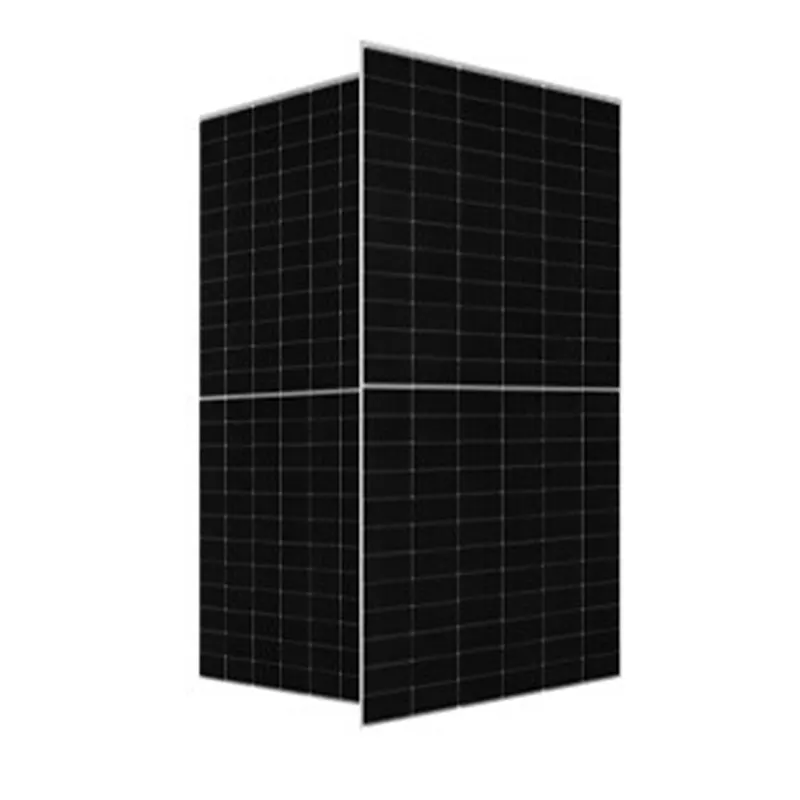Affordable Solar Solutions for Your Home Energy Needs and Sustainability Options
Harnessing the Sun A Guide to Solar Kits for Home
In recent years, the demand for renewable energy sources has surged, with solar power leading the charge. Homeowners are increasingly looking to solar solutions to reduce their carbon footprint, cut energy costs, and boost their energy independence. One of the most popular options for homeowners seeking to tap into solar energy is the use of solar kits. This article will explore what solar kits are, their benefits, the components involved, and how to choose the right one for your home.
What are Solar Kits?
Solar kits are comprehensive packages that include all the components necessary to set up a solar power system at home. These kits vary widely in size, capacity, and complexity, catering to different energy needs and preferences. They typically include solar panels, an inverter, mounting hardware, and, often, a battery system. Some kits may also contain monitoring systems to help users keep track of their energy production and consumption.
Benefits of Solar Kits
1. Cost-Effective Energy Solution By installing solar panels, homeowners can significantly reduce their electricity bills. A well-designed solar energy system can generate enough power to offset a significant portion, if not all, of a household's energy consumption.
2. Environmental Impact Solar energy is a clean, renewable resource. By utilizing solar kits, homeowners contribute to the reduction of greenhouse gas emissions, promoting a healthier planet for future generations.
3. Energy Independence With a solar power system, homeowners can generate their own electricity, which reduces reliance on the grid and protects against rising energy costs. This self-sufficiency is particularly valuable during power outages or energy shortages.
4. Increased Property Value Homes equipped with solar energy systems tend to have higher property values. Prospective buyers are often drawn to homes that offer lower utility bills and sustainability.
5. Government Incentives Many regions offer Tax credits, rebates, or other incentives for homeowners who invest in solar energy. These financial benefits can significantly reduce the upfront cost of purchasing and installing solar kits.
Components of Solar Kits
A typical solar kit for home use includes the following components
1. Solar Panels These are the heart of any solar energy system, converting sunlight into electricity through photovoltaic cells. The number of panels needed depends on a home's energy consumption and the amount of roof space available.
solar kits for home

2. Inverter Solar panels produce direct current (DC) electricity, but most home appliances use alternating current (AC). The inverter converts DC into AC, making it usable for your home.
3. Mounting Hardware This includes brackets and rails that securely attach solar panels to the roof or ground, ensuring they remain stable under various weather conditions.
4. Batteries (optional) While not all solar kits include batteries, integrating a battery storage system can provide backup power during outages and allow homeowners to store excess energy generated during sunny days for use at night.
5. Monitoring System Many kits come with a monitoring system that enables homeowners to track energy production, which helps in optimizing performance and managing consumption.
Choosing the Right Solar Kit
When selecting a solar kit for your home, consider the following factors
1. Energy Needs Assess your energy consumption patterns, which can be done by reviewing past electricity bills. This will help you determine the size of the system needed.
2. Roof Space Evaluate the amount of suitable roof space available for installing solar panels. Solar kits require adequate space to maximize solar collection.
3. Budget Consider not just the initial purchase price of the kit but also long-term savings on energy bills and any available incentives.
4. Warranty and Support Opt for kits that offer robust warranties and customer support. This ensures your investment is protected and that you have access to assistance if needed.
Conclusion
Investing in solar kits for your home is a significant step towards sustainable living. As technology advances and prices continue to drop, more homeowners will find that harnessing the power of the sun is not only feasible but also a smart financial decision. By carefully considering your energy needs and the components of solar kits, you can make a worthwhile investment that pays dividends in both savings and environmental impact for years to come.
-
Unlocking Energy Freedom with the Off Grid Solar InverterNewsJun.06,2025
-
Unlock More Solar Power with a High-Efficiency Bifacial Solar PanelNewsJun.06,2025
-
Power Your Future with High-Efficiency Monocrystalline Solar PanelsNewsJun.06,2025
-
Next-Gen Solar Power Starts with Micro Solar InvertersNewsJun.06,2025
-
Harnessing Peak Efficiency with the On Grid Solar InverterNewsJun.06,2025
-
Discover Unmatched Efficiency with the Latest String Solar InverterNewsJun.06,2025







